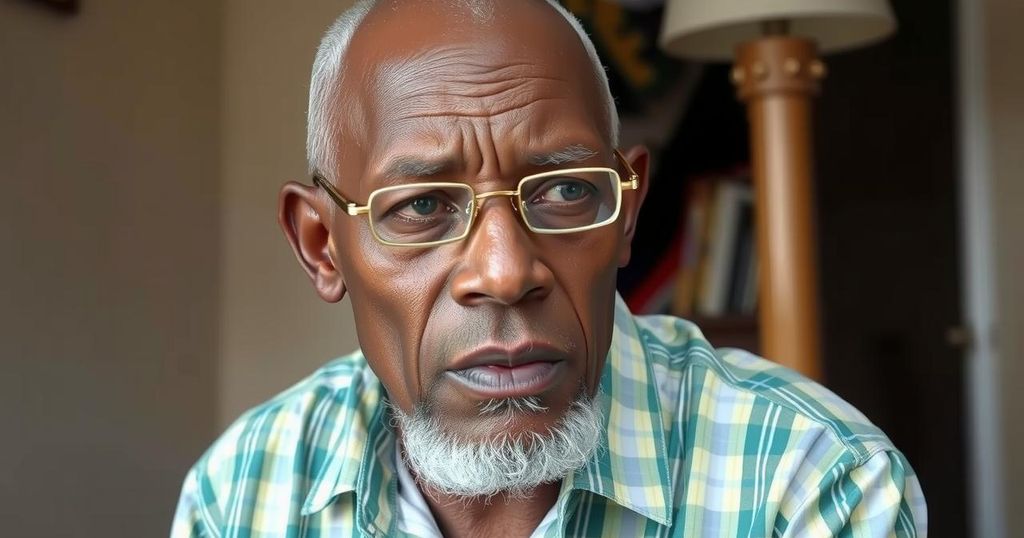Stark County Man’s Fate Linked to Allegations from Rwandan Genocide

Eric Nshimiye, a Stark County engineer accused of involvement in the 1994 Rwandan genocide, is awaiting trial in Boston. He faces charges of perjury and obstruction for allegedly lying about his past to retain his U.S. residency. Supporters assert his innocence, while allegations include involvement in brutal crimes against the Tutsi population during the genocide. His case raises important questions about justice for historical crimes and the complexities of international legal proceedings.
In Stark County, Ohio, Eric Nshimiye, a 53-year-old engineer and family man, is facing serious legal challenges stemming from events that occurred during the Rwandan genocide in 1994. Arrested on March 21, Nshimiye has remained in custody, currently waiting for his trial in a federal court in Boston. He is accused of lying about his involvement in the genocide in order to gain and maintain his residency in the U.S. since 1995; however, he has not been directly charged for any murders or rapes, as those allegations fall outside the jurisdiction of U.S. law.
The allegations against him involve accusations of committing heinous acts against the Tutsi population, where an estimated 800,000 were systematically killed by the Hutu majority in a span of approximately 100 days. Although Nshimiye firmly denies any wrongdoing and claims he was in different locations during the genocide, prosecutors argue that he has a concealed past of violent crime. He currently faces charges of obstruction of justice and perjury due to discrepancies in his prior testimony about his past during another legal case.
Nshimiye’s defense attorney argues that he was not! among the individuals listed as wanted by the Rwandan government for genocide-related crimes, highlighting the timing and nature of the accusations against him as questionable. Furthermore, his supporters, including family and colleagues, maintain his innocence, suggesting that the allegations are solely an attempt to distort his character and life in America.
While awaiting his trial, which has yet to be scheduled, legal discussions around pre-trial motions continue, including the search for international witnesses who may attest to Nshimiye’s claims of absence from Rwanda during the genocide, potentially imploring evidence from foreign records. Should he be found guilty, he faces the possibility of deportation to Rwanda, where he could confront new charges connected to the past. Amidst this tumultuous situation, Nshimiye and his family hold on to their belief in his innocence, supported by a community that vouches for his character and contributions over the years.
This case highlights the complex and sensitive issue of international justice, particularly concerning incidents from historical events such as the Rwandan genocide. Despite the passage of time, individuals accused of crimes during such conflicts can still face legal repercussions, especially when they seek refuge in other nations. The interactions between legal systems across nations and the implications of allegations raised decades after the fact pose significant challenges for justice and the accused, igniting debates over the methods used to address historical injustices and the credibility of eyewitness accounts.
The ongoing legal situation of Eric Nshimiye illustrates the intricate intersection of personal history, legal jurisdiction, and international human rights. Facing serious accusations stemming from a tragic past, Nshimiye’s case serves as a poignant reminder of the complexities involved in prosecuting historical crimes. As he awaits trial, the unfolding of his defense narrative will be critical in determining whether he can vindicate himself from allegations that could lead to his deportation and a potential new trial in Rwanda.
Original Source: www.the-review.com







